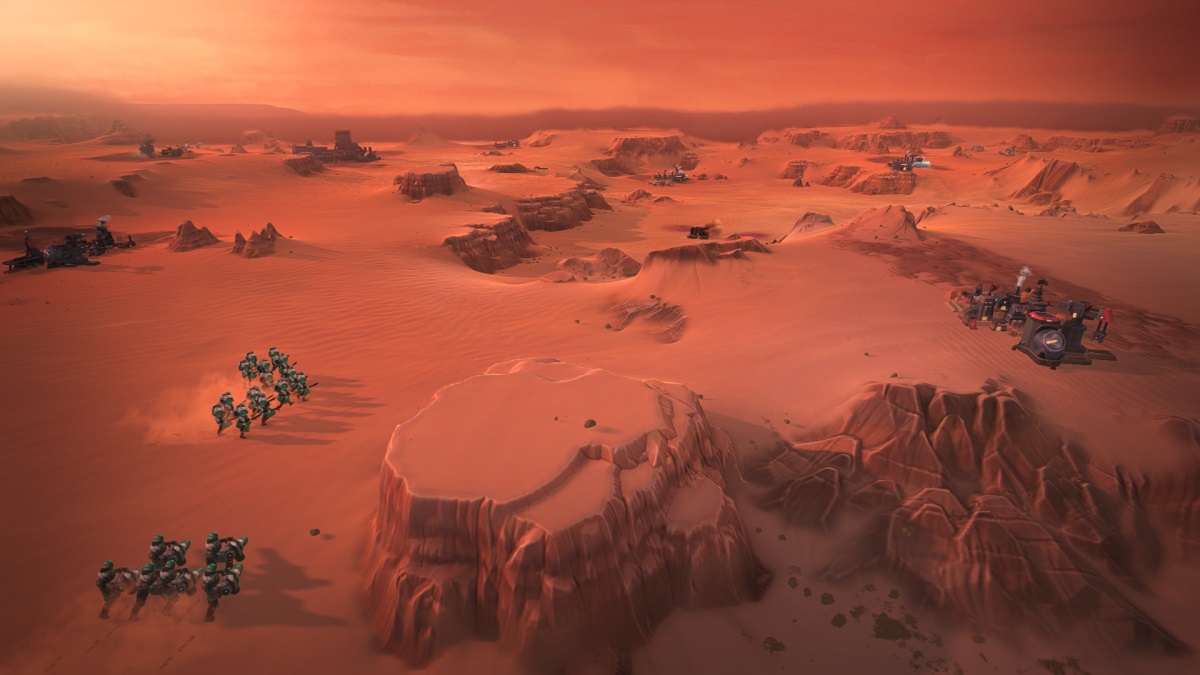Dune Spice Wars is a real-time strategy game with 4X elements based on Frank Herbert’s Dune universe.
Shiro Games disclosed some more features about the game, which plays in real time but has a pace that is slower than the typical RTS. You can also pause and fast forward the game, which will be coming out on Steam in 2022, first in Early Access.

Unlock premium content and VIP community perks with GB M A X!
Join now to enjoy our free and premium membership perks.
![]()

![]()